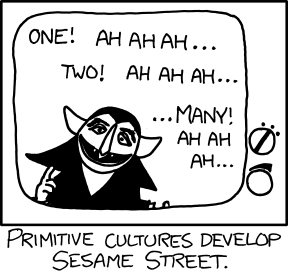For those of us in the unpleasant position of policing student essays for plagiarism, there's a familiar odor wafting off of the unfolding scandal involving Scott McGinnis, a former congressman and current candidate for governor in Colorado ("McInnis’ water writings mirror works published years ago by Justice Hobbs", Denver Post 7/12/2010):
Portions of essays on water submitted for publication by gubernatorial candidate Scott McInnis are identical or nearly identical to work published years earlier by now-State Supreme Court Justice Gregory Hobbs. […]
In a memo accompanying the work when it was turned in to the Hasan Foundation for publication, McInnis wrote that it was all original work and in its final form.
McInnis refused to comment for this story. His campaign’s spokesman, Sean Duffy, acknowledged the similarities between the work of Hobbs and McInnis, and blamed a researcher who worked with McInnis on the articles.
Rolly Fischer, an engineer who worked at the Colorado River Water Conservation District, Duffy said, was the one who handled the portions that used Hobbs’ work without attribution.
“It should’ve been attributed properly and it was not,” Duffy said. “(McInnis) relied on the research and expertise” of Fischer.
Fischer did not immediately return a message for comment. His name appears nowhere on the work McInnis submitted as his own for publication by the Hasan Foundation.
Read the rest of this entry »

